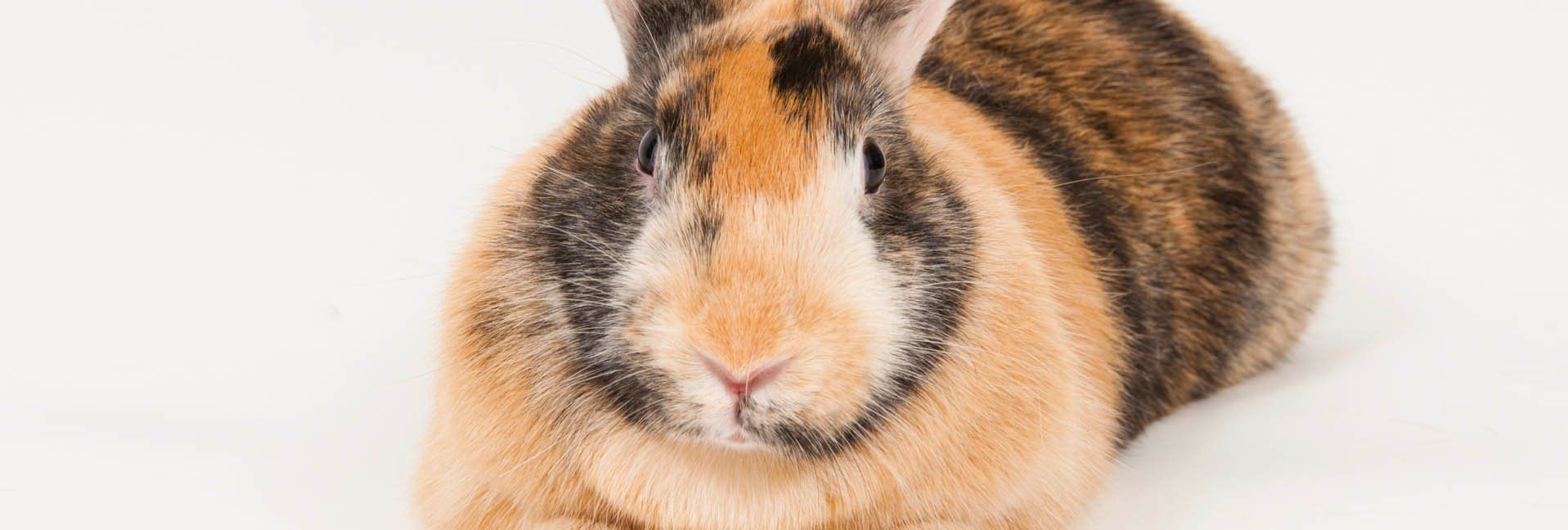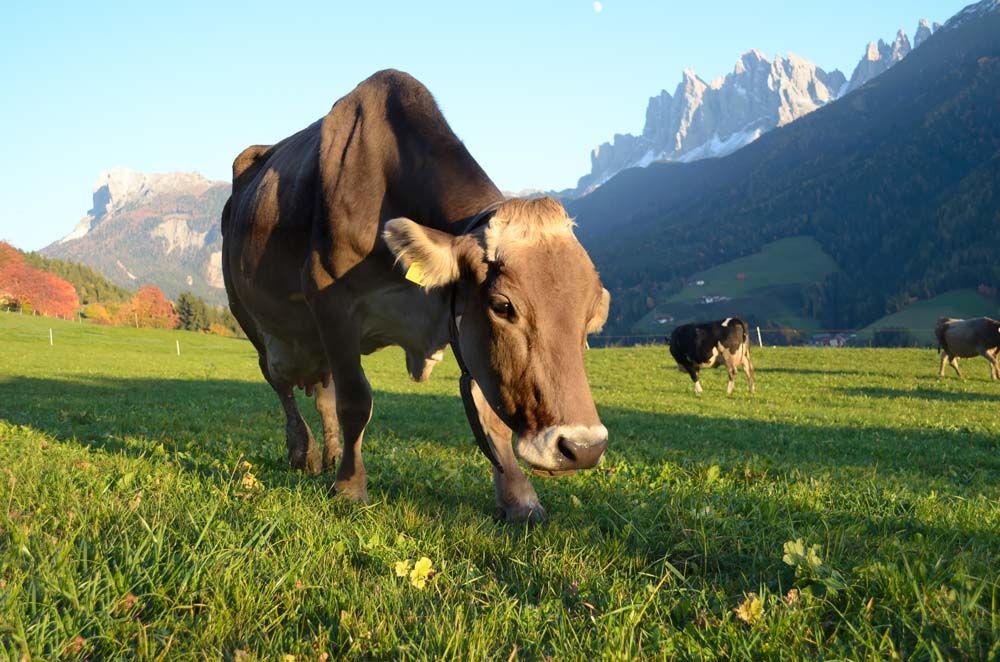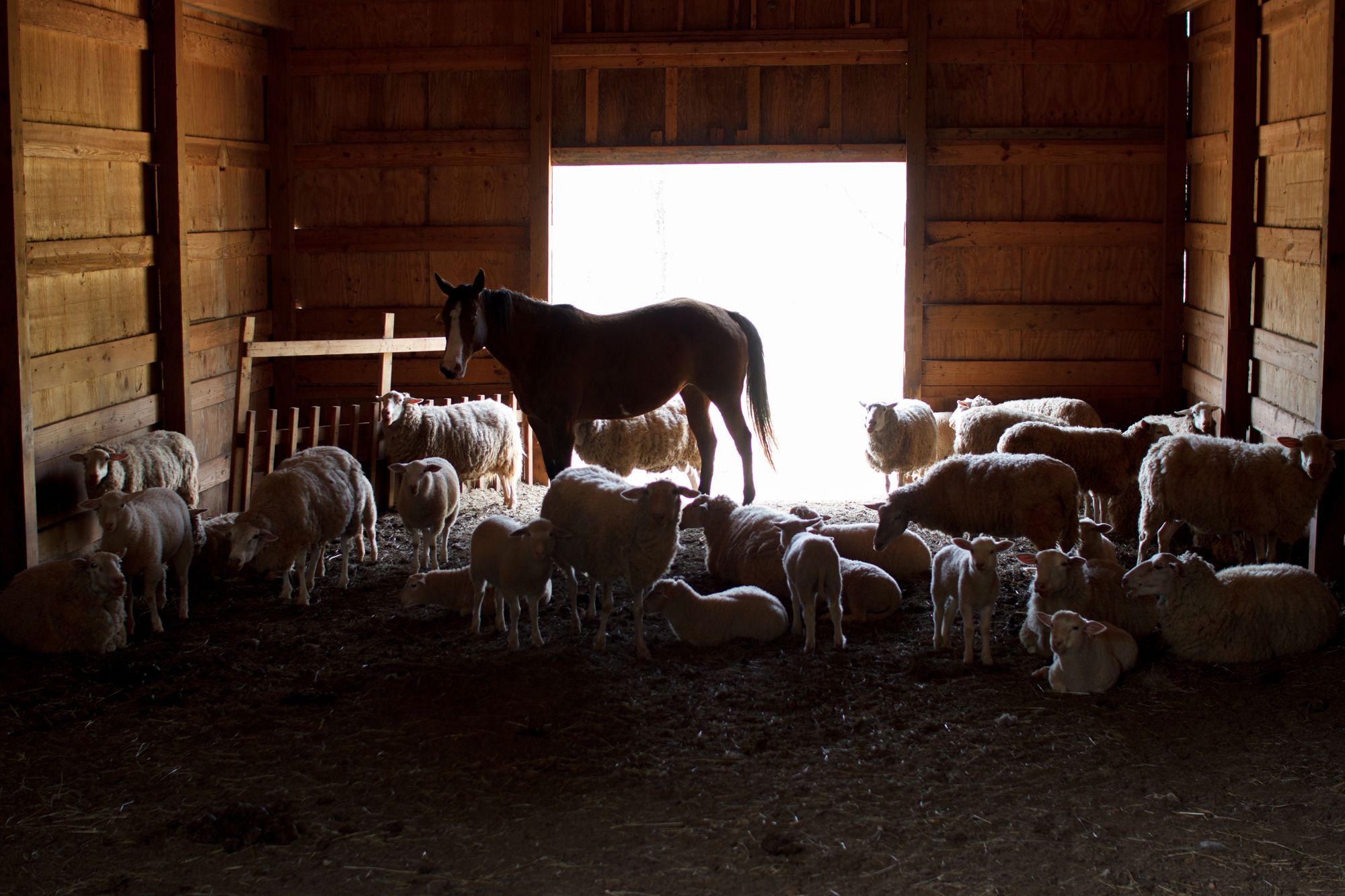Getting Started with Rare Breed Rabbits - Hard to find but easy to love


If you stop by your local county fair or an American Rabbit Breeders Association (ARBA) rabbit show, chances are good that you'll see plenty of Mini Rex, Holland Lop, and Netherland Dwarf rabbits, along with an impressive assortment of other popular breeds like Dutch, Jersey Wooly, Lionhead, and Rex.
What you might not see—at least not in great quantity—are the rabbit breeds that haven't achieved such widespread popularity. Of the 49 breeds currently recognized by the ARBA, a dozen of them are currently listed on The Livestock Conservancy's (TLC) Conservation Priority List, which means that breed populations are low and in need of preservation. And while none of the breeds fall into the critically endangered category (the American Chinchilla moved up from critical to threatened on the 2017 list), these 12 breeds are still quite rare.
Which Breeds Are Rare?
As of May 2017, these are the 12 breeds currently listed on TLC's Conservation Priority List:
• American (threatened status)
• American Chinchilla (threatened status)
• Belgian Hare (threatened status)
• Beveren (watch status)
• Blanc de Hotot (threatened status)
• Crème d'Argent (recovering)
��• Giant Chinchilla (watch status)
• Harlequin (study)
• Lilac (watch status)
• Rhinelander (watch status)
• Silver (threatened status)
• Silver Fox (threatened status)
According to TLC, "threatened" status in rabbits means that there are fewer than 100 annual registrations in the United States and an estimated global population less than 1,000. "Watch" status is for breeds with fewer than 200 annual registrations in the United States and an estimated global population of less than 2,000. Breeds in the "recovering" category have "exceeded watch category numbers but are still in need of monitoring." Rabbit breeds that fall into the "study" category—like the Harlequin—are "of genetic interest but either lack definition or lack genetic or historical documentation," according to TLC. To put these numbers in perspective, consider this: over 1,500 Mini Rex rabbits were exhibited at the ARBA Convention in 2012; some of these rare breeds don't even have that many examples on a global scale.
Why Choose a Rare Breed?
Raising rabbits is rewarding in and of itself, but raising a rare breed can be particularly satisfying. As you learn the histories of the rare breeds, it's easy to catch the vision for the breed's existence, and there's a true delight that comes from helping to preserve these fascinating breeds. Some of the breeds—like the Belgian Hare—enjoyed immense popularity in the past, but have now found themselves with dwindling populations in the United States. Without the efforts of dedicated breeders who aim to preserve and protect these historic breeds, their futures would be in danger.
The desire to help perpetuate endangered rabbits is one key reason for choosing a rare breed, but the limited availability of certain breeds may prove beneficial from a marketing standpoint, too. You may find increased interest in your rabbits from other rabbit enthusiasts in your area, thus helping to further establish the breed in your specific region.
How to Get Started
Getting started with rare breed rabbits is not unlike getting started with any breed of rabbit. You'll likely want to start out with a trio of rabbits (one buck, two does) and you'll want those rabbits to be of the highest quality you can find. You'll want to choose rabbits that are in excellent health and meet the criteria of the breed's standard of perfection as closely as possible.
You'll also need all of the essential items of rabbit equipment, including hutches, feeders, waterers, nest boxes, hay racks, carriers, grooming tools, first aid items, etc. You'll need to choose an appropriate formula of pelleted feed, have plenty of hay on hand, and provide clean water.
But getting started with rare breed rabbits also presents some additional considerations. If you choose to raise a rare breed—say, a Beveren or an American Chinchilla—you may be faced with a challenge simply in finding rabbits to purchase. The scarcity of rare breed rabbits means that you're less likely to find available rabbits in your neck of the woods—in fact, you might discover that the nearest reputable breeder is hundreds of miles away, or more.
This is not an insurmountable challenge. Your first step is to find a breeder with quality rabbits for sale (the member directory from TLC is a great place to begin!) and then start making plans. Maybe it's time for a rabbit-related road trip; maybe you can meet the breeder halfway; maybe you know someone who's planning to attend a rabbit show and could bring the rabbits there; maybe you'll choose to ship the rabbits (it's more complicated but is possible in some situations).
Regardless of the manner in which you bring your new rabbits home, remember this key piece of advice: never underestimate the importance of networking! It's a valuable part of raising rare breed rabbits, and best of all, you'll make new friends at the same time—a definite win-win for all!
Two more pieces of advice as you get started with rare breed rabbits: ask questions, and start small. No question is too small or too silly, so always ask for the advice of rabbit enthusiasts who have experience with your breed of choice. Their knowledge may help you avoid mistakes or poor choices as you embark on this new endeavor.
And be sure to start small—it's wise to begin with a manageable number of rabbits and get fully acquainted with the breed before you make plans for raising rabbits on a larger scale.
The world of rare breed rabbits is waiting for you! Will there be Rhinelanders, Lilacs, or Crème d'Argents in your future? Hoppy trails!
You may find the nearest reputable breeder is hundreds of miles away
Tags:Country Critters

Acreage Life is part of the Catalyst Communications Network publication family.
















